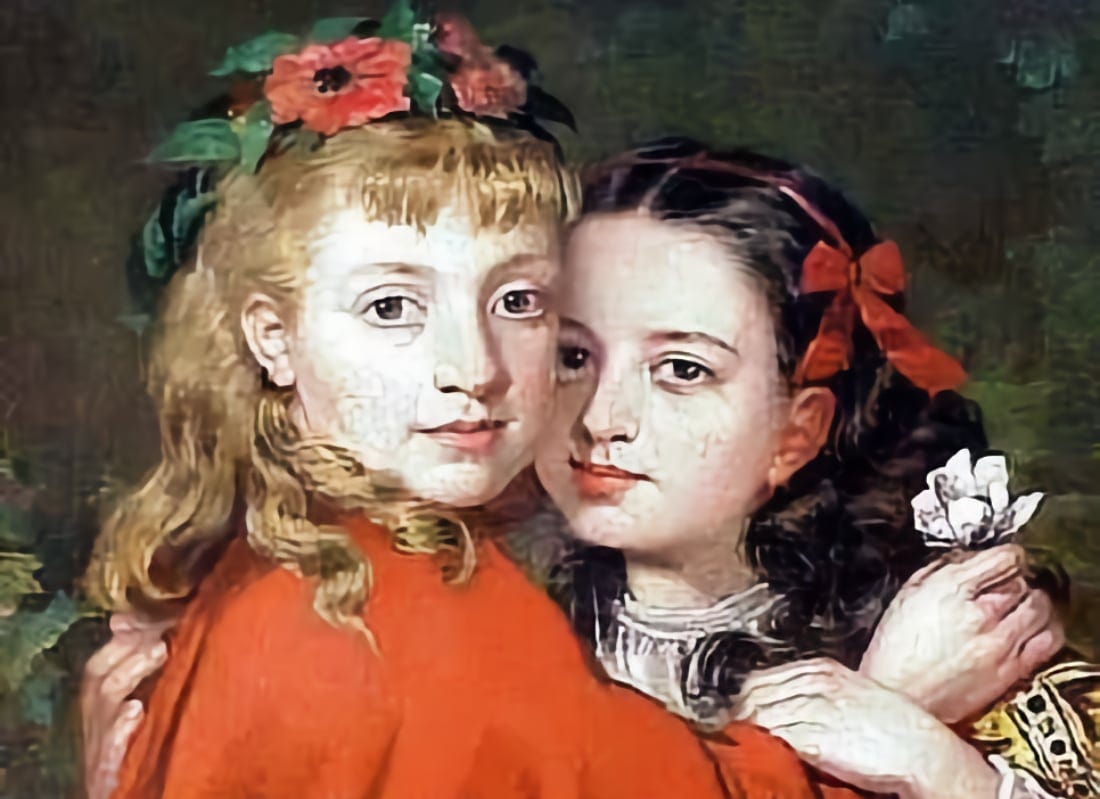Covid in short pants
Division, infantilization & the loss of mythos in a time of pandemic
“Bill Gates will walk down the road singing, while men and women weep.”– Robert Bly, from The Sibling Society, 1996
Nearly 16 months after Covid-19 was declared a global pandemic by the World Health Organization, a 24/7 deluge of lurid virus related headlines continues. Television, phone and computer screens bathe nearly every person on earth daily in the radiant glow of up to the minute death and case statistics, variant updates, vaccine and lock down news.
Rather than bringing people together in the face of a common threat, this non-stop publicity about the wreckage caused by the celebrity virus has had the opposite effect. A March, 2021, review of a year’s worth of pandemic polling by Pew Research concluded that “Americans have rarely been as polarized as they are today.”
Similarly, a recent survey of global pandemic attitudes in Nature found that
The pandemic highlights how we intuitively structure and make sense of our social worlds based on ‘human kinds’ that differentiate ‘Us’ from ‘Them,’ viral categorisations of the desired in-group (not infected) and out-group (infected). By such inter-group differentiation, we judge and treat people as members of groups rather than as individuals.
Whether the subject is masks, distancing, pandemic data or vaccine trust, the divisions are obvious in everyday life. A sense of community (communitas) is difficult to discern during a headlong global rush to achieve its philosophical opposite – immunitas.
The Latin meaning of immunitas is exemption from taxes or public service, while communitas is the very spirit of community predicated on humanitas, a moral ideal of humanity based on learned kindness, courtesy, culture and civilization. In a race to make ourselves exempt from both nature and one another (immunitas), we may be doing irreversible damage to the civilizing, community building legacies of humanitas and communitas.
Italian philosopher Roberto Esposito warns that during the time of Covid:
“…politics has become medicalized, treating the citizen as a patient in need of perpetual care and turning social deviance into an epidemic disruption to be treated or suppressed. Of course, this has very significant consequences. Giving doctors the task of political decision-making, on the one hand, strongly reduces the scope for political action and, on the other hand, radically transforms the political arena, making deviance a pathological condition.”
With all allowances for the exigencies of an epidemiological emergency and the necessity of robust public health policies in response, the speed and ease with which a divided public has surrendered core political and human rights while breaking into hostile camps during the Covid pandemic needs deeper scrutiny.
I believe the social divisions playing out on screens worldwide in real time are not being caused by Covid. They are, rather, being exposed and exacerbated by Covid while simultaneously being exploited to consolidate political and economic power in ways unrelated to public health.
The old axiom “divide and conquer” (divide et impera) has never been easier to act upon. Half the work had already been done before the pandemic started.



